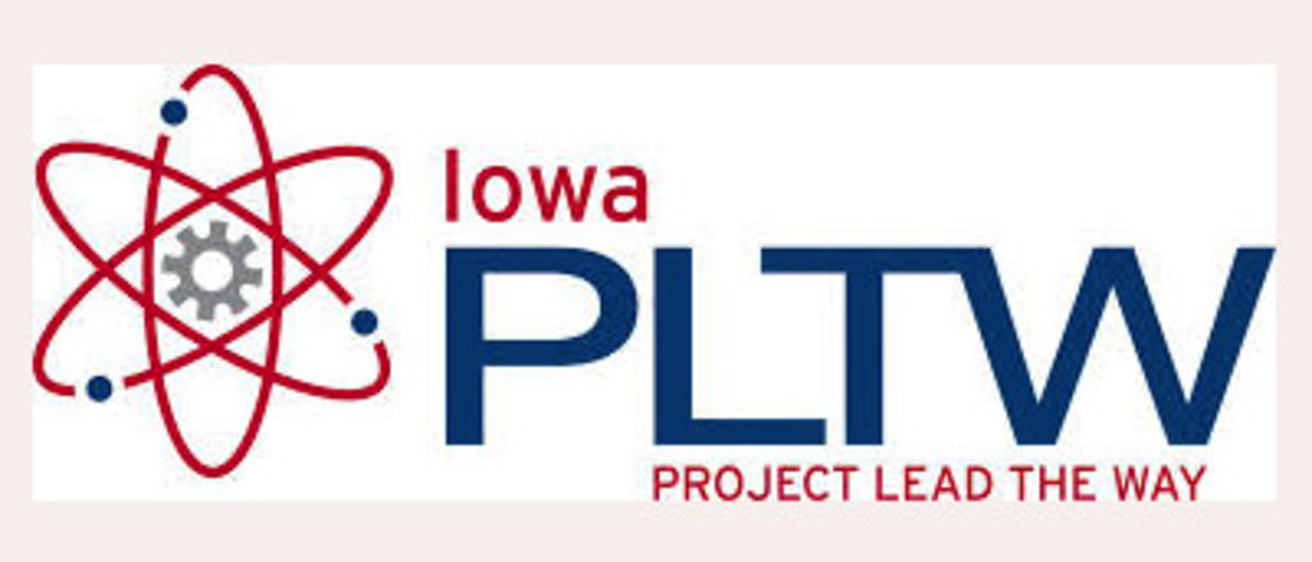The University of Iowa College of Engineering will be hosting the Iowa Project Lead the Way (PLTW) STEM Conference at the Cedar Rapids Double Tree Convention Complex on Tuesday, November 15. Lt. Governor Kim Reynolds will be the keynote speaker for the conference.
The conference was rescheduled from September 26th, due to flooding of the Cedar River. As a result of the flooding, a breakout session presented by the University of Iowa College of Engineering - Iowa Flood Center has been added to the breakout session lineup.
Attendees will include PLTW teachers, administrators, and counselors. In addition, there will be attendees from the Iowa Governor’s STEM Advisory Council, Iowa Department of Education, higher education institutions across the state, and business and community partners.
The conference will include:
-Twenty-seven STEM breakout sessions
-Breakout session with former NFL player Tim Dwight
-University of Iowa Hospitals and Clinics EMS Simulator
-Tiny house built by PLTW Civil Engineering and Architecture students
-Special appearance by Herky
PLTW has a strong history in Iowa. The University of Iowa College of Engineering has been an affiliate institution for 10 years.
PLTW is a full K-12 STEM curriculum that includes elementary (PLTW Launch) and middle school (PLTW Gateway) programs that feed into 3 high school pathways: Engineering; Computer Science; and Biomedical Science. There are currently 56 PLTW Launch, 144 PLTW Gateway, 145 PLTW Engineering, 32 PLTW Computer Science, and 24 PLTW Biomedical Science programs across the state. The Iowa PLTW program has grown to include 81 counties in Iowa.
Project Lead The Way is a nonprofit organization that provides a transformative learning experience for K-12 students and teachers across the U.S.
It creates an engaging classroom environment unlike any other. PLTW empowers students to develop and apply in-demand, transportable skills by exploring real-world challenges. Through its pathways in computer science, engineering, and biomedical science, students not only learn technical skills, but also learn to solve problems, think critically and creatively, communicate, and collaborate. It also provides teachers with the training, resources, and support they need to engage students in real-world learning.
To learn more visit: www.pltw.org
